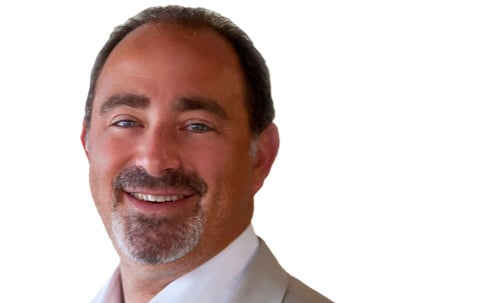NEW YORK CITY—Workplace thought leaders from a wide array of industry backgrounds agree that the old workplace model of people reporting to work at a specific desk is dead or dying and that a new distributed and mobile workforce model is rapidly becoming the norm.
Those conclusions came out of a recent roundtable on the future of work, sponsored by Convene—the conference center operator—at its newest location, near Grand Central station.
A number of other observations on the nature of work and how the workplace is changing, were shared including: “Present-ism,” or the factory model, is dead; organizations are investing in technology and people rather than real estate; today's work place is undergoing massive disruption, ambiguity and volatility;
The “distributed workforce” is here to stay, with co-working spaces multiplying; organizations are designing spaces for future generations—and not the present; and innovation and productivity are still best enhanced in-person.
Roundtable participants included Daniel Johnson, workplace innovation lead, Accenture; Lauren Pollak, lead, financial services practice, Jump; David Landgraf, SVP and head of the conference and event management group, Blackstone; Sonya Dufner, principal and director of workplace strategy, Gensler; and Bernice Boucher, managing director of strategic consulting, JLL.
Said Boucher, “There is a 'presenteeism culture' within the traditional banking and finance industries that expects employees to be physically present and they are rewarded for being 'there.' This has been slow to change and instead managers should be judged on performance. Creating today's work experience is like being part of a club but it's not a desk anymore. It's an open plan that needs to enhance collaboration.”
Added Pollak, “Today's workplace is undergoing a sea change, with a new model that calls for massive disruption, ambiguity and volatility where the goal posts keep on moving. This is going on in both military and corporate institutions where flexibility is the key. The factory model doesn't work anymore.”
Asserted Dufner, “From a physical space perspective, our clients are finding it hard to plan for the future not knowing how their employees would be interacting together. In this uncertainty, they are relying on flexibility in the design and planning of their spaces. We see organizations gravitating to creating more spaces for collaboration and creativity like project rooms that allow people to leave their work up for others.”
Johnson noted, “A balance has to be achieved between working remotely and being in the office. Accenture has become primarily a distributed workforce with groups working on Tuesdays, Wednesday and Thursdays and blocking out for extended weekends. This creates remote space issues for us since everyone wants to be there just on those three days.”
Blackstone has found a unique way to bring top executives together, said Landgraf. “Blackstone has created social networking silos for the CEOs who attend our conferences. These secure channels allow the CEOs of these Fortune companies to ping each other on a daily basis, and it has become a well spring for idea generation, even though they only see each other once year.”
Want to continue reading?
Become a Free ALM Digital Reader.
Once you are an ALM Digital Member, you’ll receive:
- Breaking commercial real estate news and analysis, on-site and via our newsletters and custom alerts
- Educational webcasts, white papers, and ebooks from industry thought leaders
- Critical coverage of the property casualty insurance and financial advisory markets on our other ALM sites, PropertyCasualty360 and ThinkAdvisor
Already have an account? Sign In Now
*May exclude premium content© 2024 ALM Global, LLC, All Rights Reserved. Request academic re-use from www.copyright.com. All other uses, submit a request to [email protected]. For more information visit Asset & Logo Licensing.








